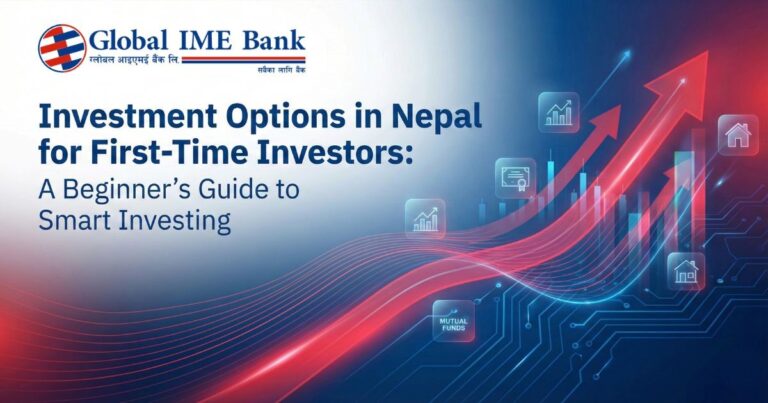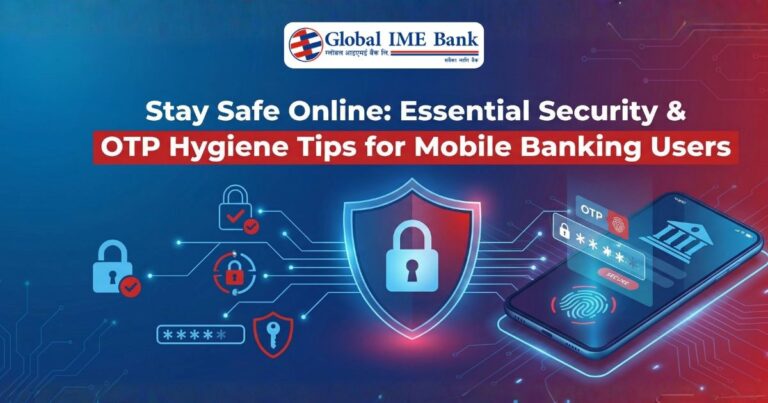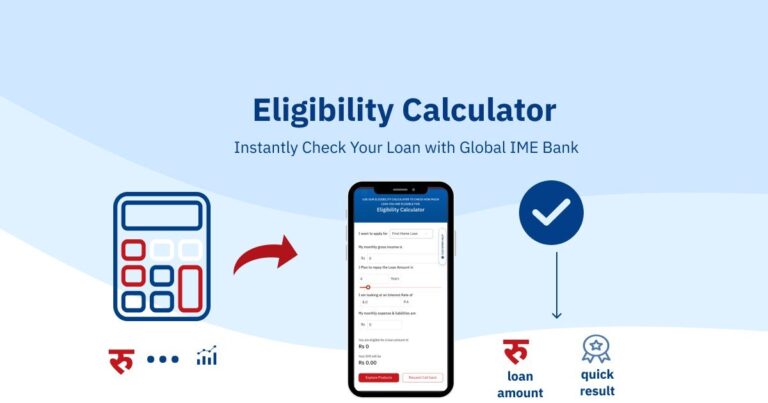KYC stands for Know Your Customer, and at other times, it means Know Your Client. KYC is the mandatory process to be undertaken by banks for the purpose of verification of a customer’s identity. The process comprises data collection and verification regarding a customer’s personal information such as name, address, date of birth, and some form of government-issued ID proof. KYC verification is designed to ensure that customers are who they claim to be, reducing the risk of fraud and illegal activities.
The Nepal Rastra Bank has directed the banks to follow the ‘KYC guidelines’ due to which particular personal details of a prospective account opener or customer are collected. The objective of collecting KYC information is to allow the Bank to have an accurate identification of its customers. This also serves the interest of customers in protecting their hard-earned money.
Why is KYC Important in Banking?
Banks handle a lot of sensitive information and financial transactions, which makes them a primary target for financial crime. And that is where KYC comes into play in terms of prevention. Here is why KYC is important in banking.
Preventing Frauds and Scams
KYC ensures that banks know with whom they are dealing. Verification of a customer’s identity can be done to ensure that banks minimize fraudulent activities for both the bank and the customers.
Compliance with Regulations
Regulatory authorities, therefore, prescribe KYC to prevent vices such as money laundering and terrorism. Banks are under compulsion not to attract penalties and loss of confidence.
Building Customer Trust
KYC helps not only the banks but also builds trust in their customers. KYC helps banks to understand their customers better and to provide them with tailored services.
Risk Management
Identifying and verifying customers will help banks assess the associated risk of each customer. KYC helps banks to assess the risk profile of their customers and to identify potential risks.
Video KYC: Experience the future of Banking with Video KYC
Global IME Bank has introduced video KYC, wherein the customer can verify or open accounts via video KYC.
The days of standing in long queues or traveling to bank branches are gone. Video KYC allows you to complete the whole process within the comfort of your home or office. You need not visit a bank in the case of online/Video KYC, and this is a pretty quick and hassle-free procedure. With automated systems at work, online KYC fastens the verification process so that customers can start using the services in almost no time.
Conclusion
KYC is one of the backbones of modern banking, creating trust, deterring financial crimes, and helping an institution meet global regulations.
Frequently Asked Questions
1. What documents are required for KYC?
You will usually need a government-issued ID (Citizenship/ NID), proof of address, and biometric details like a photo and fingerprint.
2. Can I update my KYC online?
Yes, Global IME banks allow their customers to update KYC details online through video KYC.
3. How much time does KYC take to complete?
Online KYC can take from minutes to hours, whereas in the traditional way, it takes a few days.
4. Why is KYC necessary?
KYC prevents money laundering and other financial crimes and fulfills the legal obligations of a firm or organization.






